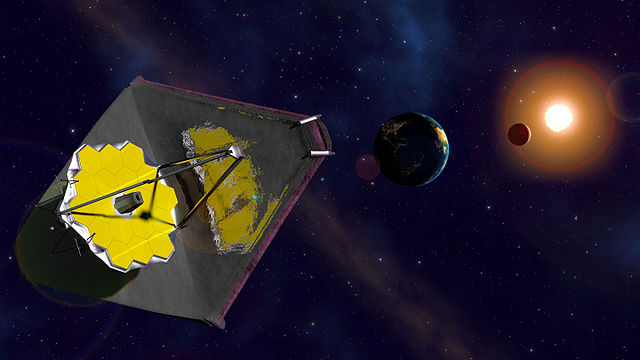
Michael Denton: The Miracle of Man Rests on a Primal Blueprint
This ID the Future continues Miracle of Man author Michael Denton’s conversation with host Eric Anderson about his latest book. The focus of this capstone work in his Privileged Species series is, as the subtitle explains, The Fine-Tuning of Nature for Human Existence. Here Denton and Anderson dive deeper into the book’s argument that science has uncovered multiple ensembles of fitness for creatures much like ourselves—land-going, airbreathing, intelligent bipeds capable of controlling fire and developing new technologies. In other words, it’s not just a handful of things about nature that appear fine tuned for our existence. It’s a long list of things, and indeed, a long list of interdependent ensembles of prior fitness—what Denton sometimes refers to as a “primal Read More ›








